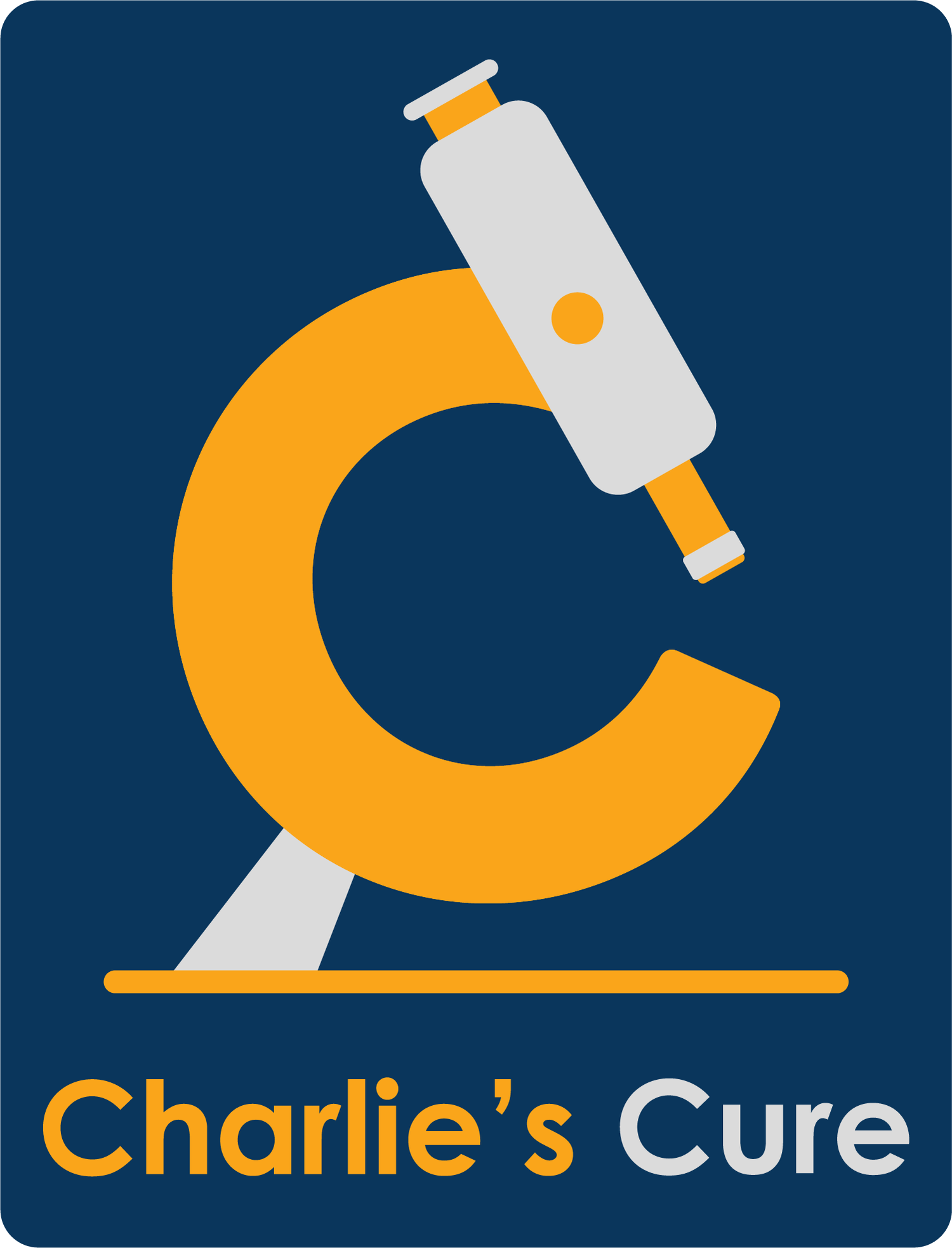Knowing Is Everything—and Nothing
We received the call from the neurologist in August, on an almost artificially pristine Friday afternoon that we were enjoying as a family, at the pool. It was unexpected, in that I was anticipating news three days later, that Monday. Like any moment of trauma, I will never forget where my feet were planted or the frozen sludge that suddenly coursed through me when my husband walked over, his face wrinkled up in a way I’d never seen. He had been on a work call, or so I’d thought—in fact, unbeknownst to me the work call had been canceled and the neurologist had reached him after trying me—and so I immediately assumed from his demeanor that he’d been laid off, in some sort of COVID-related fallout. Which clearly would have been better news, relatively speaking, than instead his relaying that Charlie’s creatine kinase (CK) level was back and it was over 10,000—meaning he all but certainly had some form of muscular dystrophy.
I went and sat in the car, and called the doctor back so I could hear her words for myself. Asked questions, clarified next steps, all but begged her to say it could somehow still not be the worst of the worst-case scenarios. Then I hung up and ugly cried and cursed angrily within the stuffy confines of the closed-off car—bitter words suited to this stroke of misfortune laid at our bare feet on this stunning summer day. A day that just a few minutes earlier had found us languid and really sort of wallowing in the illusion of charmed. I looked out the window at people playing tennis in their pristine white uniforms, impervious to the kind of world-rocking I was at that moment enduring. We are all invincible, until we are not. Nothing is assuredly ours.
Still, I knew instinctively that I had choices. Sit alone and dwell in this fresh and terrifyingly confounding reality with neither the promise of answers nor immediate support, or return to my family and experience whatever notch on the continuum of normalcy might still be available to us. I went back in, ordered a strong margarita and sat with Charlie on my lap. I could not eat, but I did manage to make a joke to a friend. It felt distinctly like a crisis, that sort of slow-moving vacuum of a reality one experiences, but it also felt like it always feels to be sitting at one of my favorite places with the people I love most.
Though I couldn’t have articulated it right then, I felt a sort of resolve percolating in those early moments. No way, I thought. You won’t own us. I sensed right away that giving in was not an option—that self-pity and inertia fueled by a sense of defeat would only be a secondary tragedy. No one likes a pity party, and I would not be throwing or attending one, thank you very much.
Trust me: The days that have filled the six months since that monumental afternoon have not been easy. Resolve does not change facts or circumstances. This diagnosis is a lot. A lot to navigate, to learn about (where do I apply for my PhD?), to reconcile with. But while we have certainly had days where Duchenne is in sharper relief—October 16, official DMD diagnosis day, among them—for the most part, we have lived around it. Part of that is out of necessity, as we have two children to care for, full-time jobs and all the accoutrements of modern life, to boot. The other part is a somewhat conscious choice to focus on Charlie the boy, not on his missing exons. “Forever is composed of nows,” wrote Emily Dickinson. Today, now, Charlie is okay. He is happy. And isn’t that the end to all of our means?

